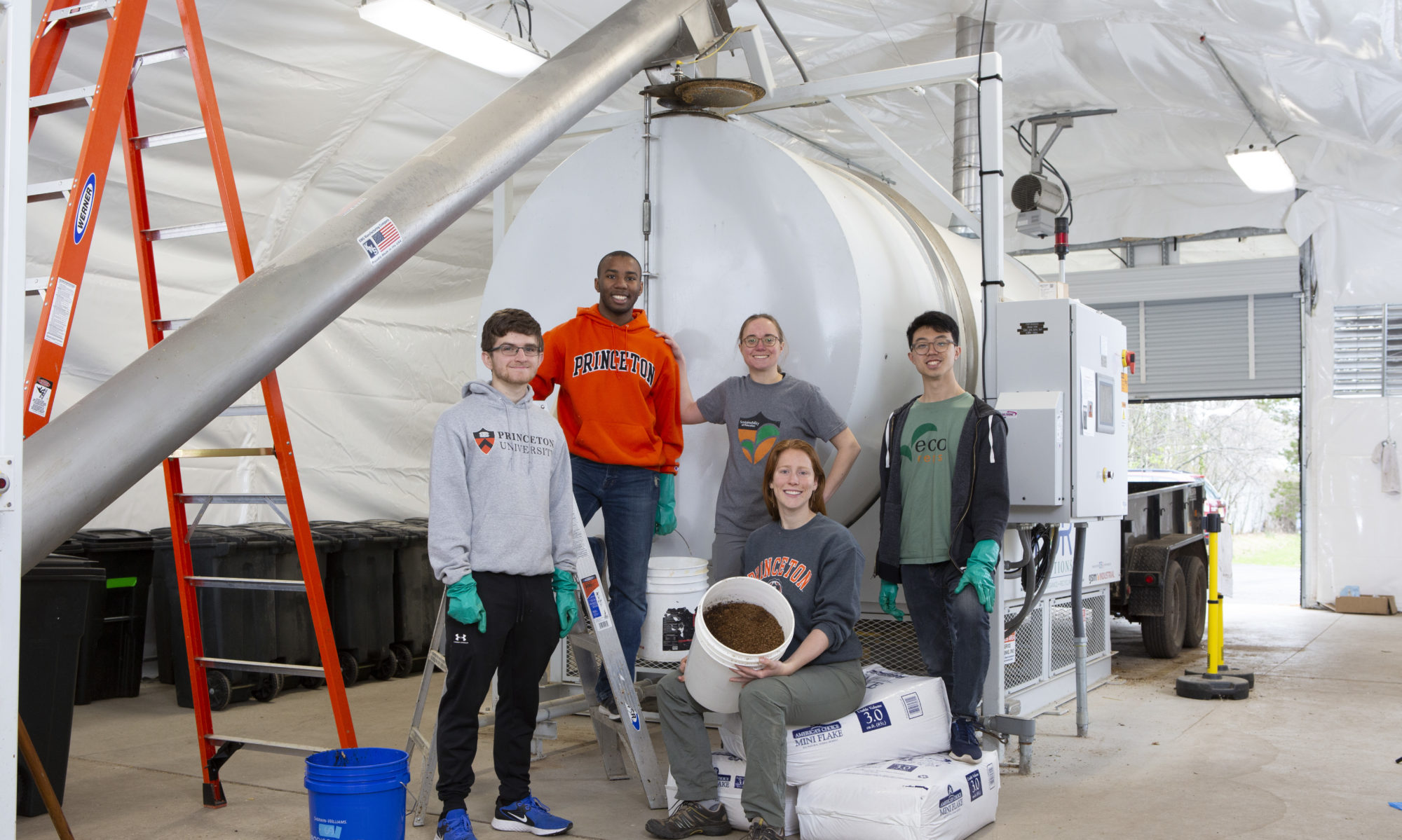This week we welcome another project partner to our growing list of composting venues: the McGraw Center for Teaching & Learning!

Like the Scully Co-op, the McGraw Center will collect any food scraps generated in its office in a 5-gal bucket for weekly pick-ups. The effort will be spearheaded by the McGraw Center’s Manager Sandra Moskovitz, a sustainability ambassador who has been composting herself for 30 years.
Almost five years ago, the Office of Sustainability interviewed Moskovitz for a staff profile. When asked, “How could the University become even more sustainable? she replied:
“My number one wish is for a campus wide composting program, it saddens me to see the waste around campus that could so easily be composted—miles of pizza boxes, tons of used paper towels and paper plates, not to mention the pounds of food scraps that are thrown away in offices and classrooms each day. I know that this is something that is being discussed, so I hope that a program will be in place soon. It will make a huge difference in reducing the amount of waste that the University’s population makes every day.”
Thanks to outspoken people like Moskovitz, the University now has an on-site composting system that will continue to support expanded food scraps diversion efforts while contributing to an ethos of sustainability where organics recycling will ultimately become the norm on campus.
To realize this goal, we plan to partner further with Moskovitz and the McGraw Center around green office strategies so that all of their events are zero-waste, and to share these best practices across campus.
Weekly Data: 1/28 – 2/1
The lower volume of weekly food scraps continued into the last week of January as finals wrapped up and led into Intersession (a 1-week break before the start of the spring semester).
| Food | Wood shavings (BA/CS) | % BA/CS |
Compost Off-loaded | |
| Week Totals (lbs.) | 2,504 | 776 | 31% | 2,000 |
| CUMULATIVE (lbs) | 43,626 | 13,053 | 30% | 33,250 |









